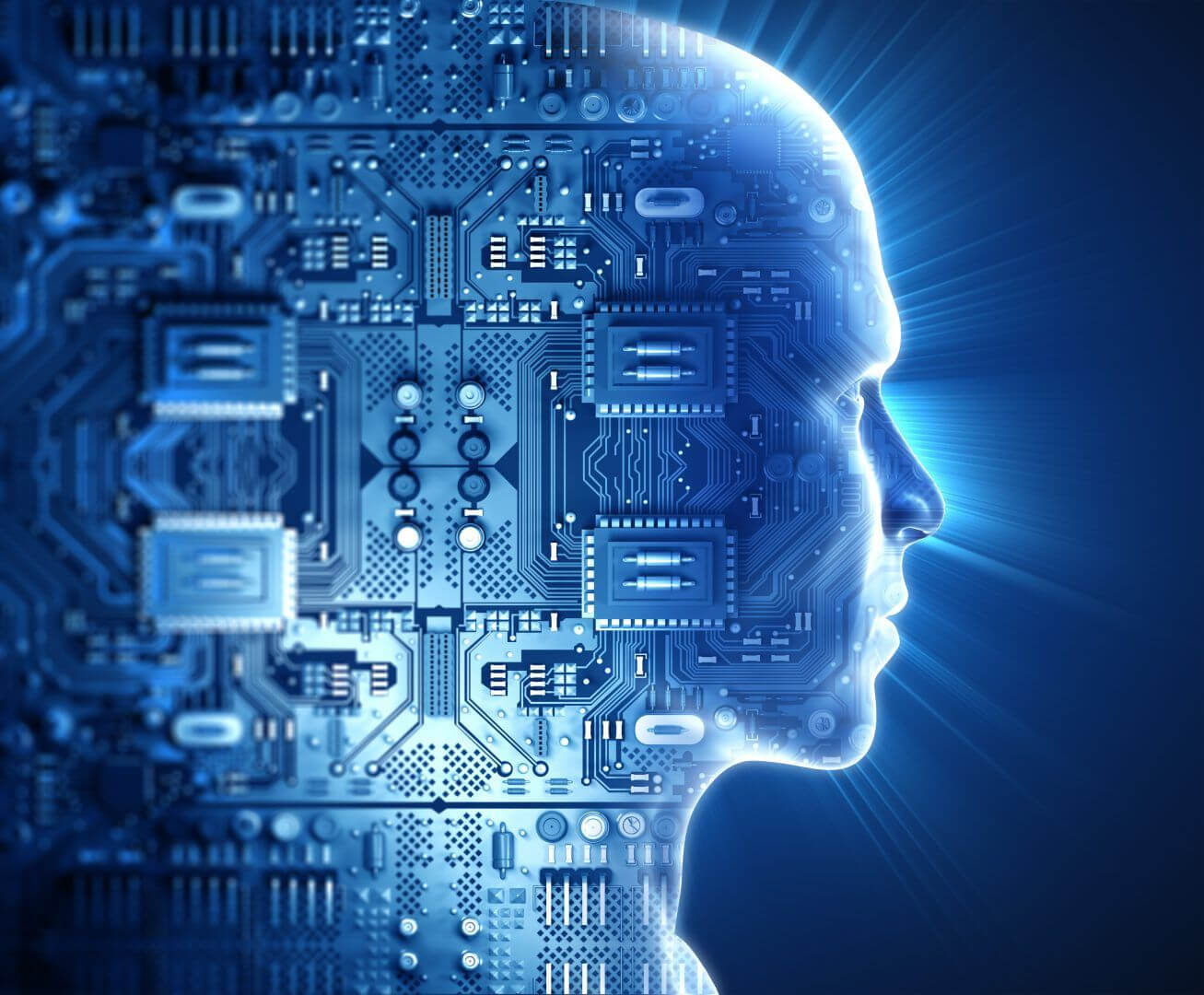
To the surprise of virtually no one, the overriding theme at this year’s CES appears to be artificial intelligence. At press conference after press conference on the media days before the show’s official start, vendor after vendor extolled the virtues of AI, though each of them offered a little bit of their own twist.
At Samsung’s preview event on Sunday night, the company talked about using AI to do video upscaling on some of their newest TVs. Later that night, Nvidia CEO Jen-Hsun Huang spent a good amount of time describing the efforts the chip company had spent on developing accelerator chips optimized for both training and inferencing for deep neural networks being used in AI applications.
Monday morning, LG announced their own AI brand—ThinQ—which will be used to delineate all the new products they have which utilize the technology. Monday afternoon, Qualcomm talked about bringing AI to a variety of new applications and platforms, from hearables and other audio-focused products, to automotive applications and beyond. At the Sony press conference, the upgraded Aibo dog—a name now recognized to be a combination of AI and robot—charmed the crowd with its capabilities. Finally, on Monday evening, Intel CEO Bryan Krzanich described a world where AI can be used for everything from space exploration, through content creation, and onto autonomous cars.
In addition to AI, we saw a large number of announcements related to smart home, connected devices, and personal IoT. In most cases, the two concepts were tied together, with the connected home devices being made “smart” by AI technologies, as Samsung displayed at their primary press conference event on Monday.
All told it was an impressive display of both how far AI has come, and how many different ways that the technology could be applied. At the same time, it raised a few potentially disturbing questions.
Most notably, it seems clear that we’re all inevitably going to end up having quite a few AI-enabled devices within our homes. While that’s great on one hand, there’s no clear way to share that intelligence and capability across devices, particularly if they’re made by different companies. The challenge is that just as few ever buy complete home AV stacks from a single vendor for their home theater systems, and few people only buy compute devices from a single vendor running related operating systems, so too is it highly unlikely that we’re going to buy all our AI-enabled smart devices from a single vendor. In other words, we’re likely going to end up having a variety of different products from different vendors, with a high probability that they won’t all seamlessly connect and share information with one another.
In the case of basic connectivity, a number of those issues will likely be overcome, thanks to advancements in connectivity standards, as well as the abundance of gateway products that can bridge across different standards and protocols. What can’t easily be solved, however, is the sharing of AI-enabled personalization across all these smart devices. The result is that several different types of devices will be collecting data about how we interact them, what our habits and preferences are, etc. Not only does that mean a lot of the efforts will be redundant, but concerns about being personally tracked or monitored feel (and are) a lot worse when multiple companies are going to end up doing it simultaneously within our own homes.
Down the road, there may be an opportunity to create standards for sharing personalization information and other types of AI-generated data from our smart connected devices to avoid some of these issues. In the meantime, however, there are some very legitimate Orwellian-type concerns that need to be considered as companies blindly (and redundantly) follow their own approaches for collecting the kind of information they need to make their products more personal and more effective.
Bob O’Donnell is the founder and chief analyst of TECHnalysis Research, LLC a technology consulting and market research firm. You can follow him on Twitter @bobodtech. This article was originally published on Tech.pinions.
https://www.techspot.com/news/72681-opinion-ai-power-many-smart-home-devices.html